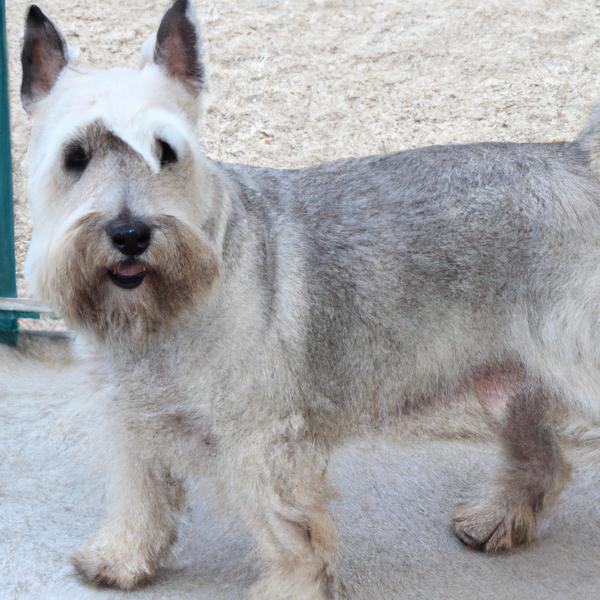Scotinese vs. Russell Terrier: Breed Differences and Similarities
Hypoallergenic
Are Scotineses or Russell Terriers hypoallergenic, or neither?
Unfortunately, neither Scotinese nor Russell Terrier are hypoallergenic, which may not make them the best choice for dog lovers who suffer from pet allergies.
Ancestry
What are the origins of Scotinese and Russell Terrier breeds?
Scottish Terrier, Pekingese
Wire Fox Terrier, Beagle
Date of Birth
When were Scotinese and Russell Terrier breeds first developed?
Unknown
1800s
Litter Size
What is the usual litter size for Scotinese and Russell Terrier?
A Scotinese can have a litter of 2-5 puppies on average. However, it's worth noting that the size of the litters can vary greatly. Factors that can influence litter size include the health of the mother, breeding history, and genetics.
A Russell Terrier can have a litter of 12-14 puppies on average. However, it's worth noting that the size of the litters can vary greatly. Factors that can influence litter size include the health of the mother, breeding history, and genetics.
Major Concerns
What are the major health concerns for Scotinese and Russell Terrier breeds?
Progressive Retinal Atrophy
Hemophilia
Von Willebrand's Disease
Hypothyroidism
Bladder Stones
Cancer
Cushing's Disease
Neurological Conditions
Patellar Luxation
Legg-Calve-Perthes Disease
Minor Concerns
What minor health issues should be kept in mind when owning Scotinese and Russell Terrier?
Stenotic Nares
Trichiasis
Scottie Cramp
Deafness
Cataracts
Corneal Erosion
Elongated Soft Palate
Skin Fold Dermatitis
Pateller Luxation
Keratoconjunctivitis Sicca (Dry Eye)
Urolithiasis
Deafness
Lens Luxation
Mast Cell Tumors
Occasional Tests
What occasional tests are recommended for Scotinese and Russell Terrier breeds?
Spine
X-Rays
Skin Evaluation
Eye examination
Blood Analysis
Full Physical Examination
Thyroid Panel
DNA for VWD
Eye
Hip
Blood
Knee
Hearing
X-Rays
Physical Examination
Compare Scotinese with other breeds
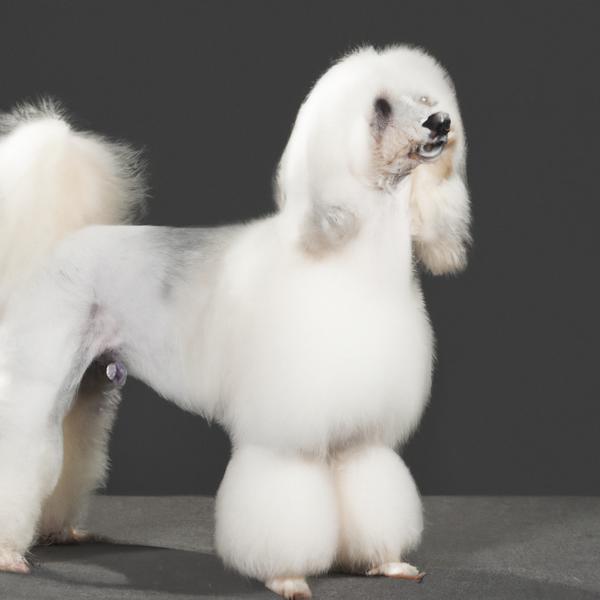
Corillon
Scotinese vs Corillon
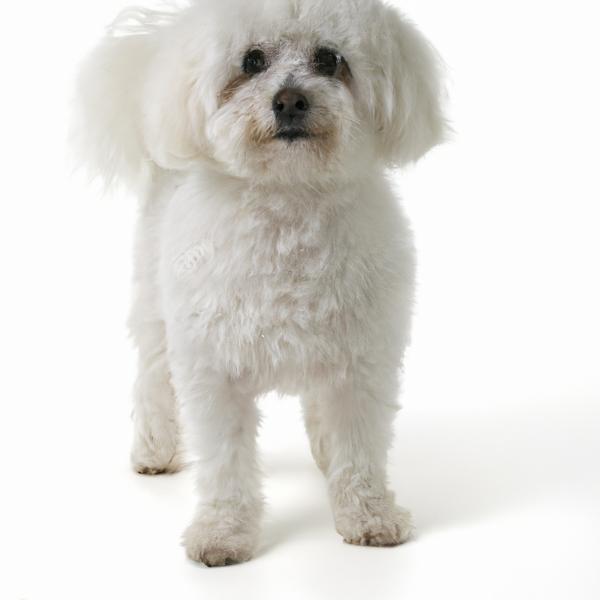
Bichon-A-Ranian
Scotinese vs Bichon-A-Ranian
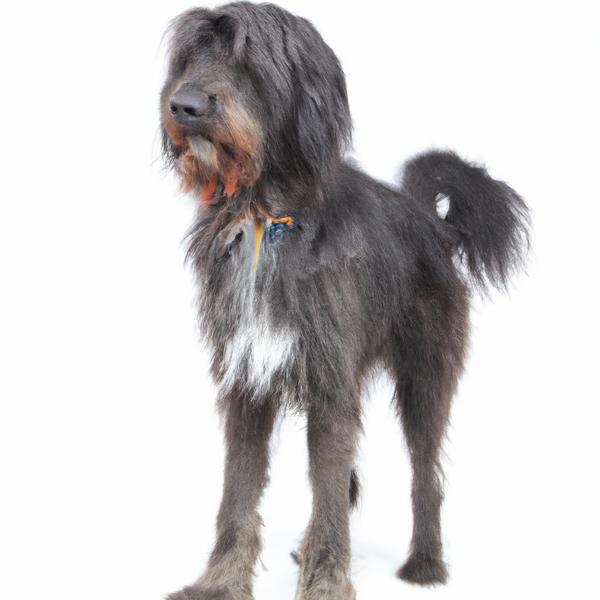
Labahoula
Scotinese vs Labahoula

Russell Terrier
Scotinese vs Russell Terrier

Golden Mountain Dog
Scotinese vs Golden Mountain Dog

Huskita
Scotinese vs Huskita

Chi-Chi
Scotinese vs Chi-Chi
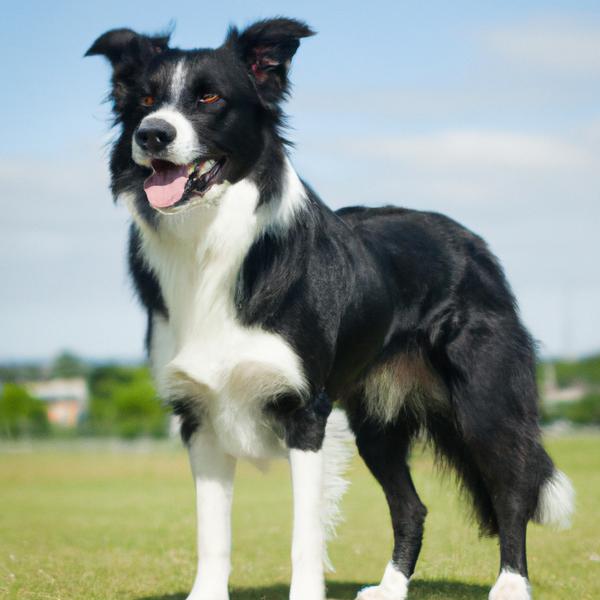
Border Schnollie
Scotinese vs Border Schnollie
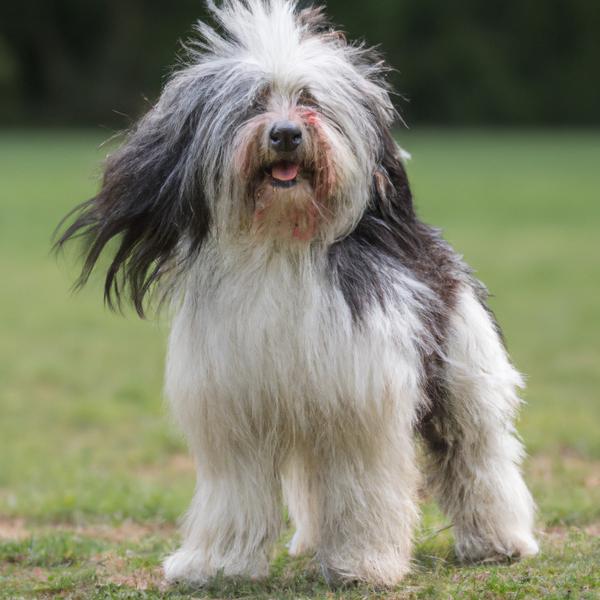
Crested Havanese
Scotinese vs Crested Havanese
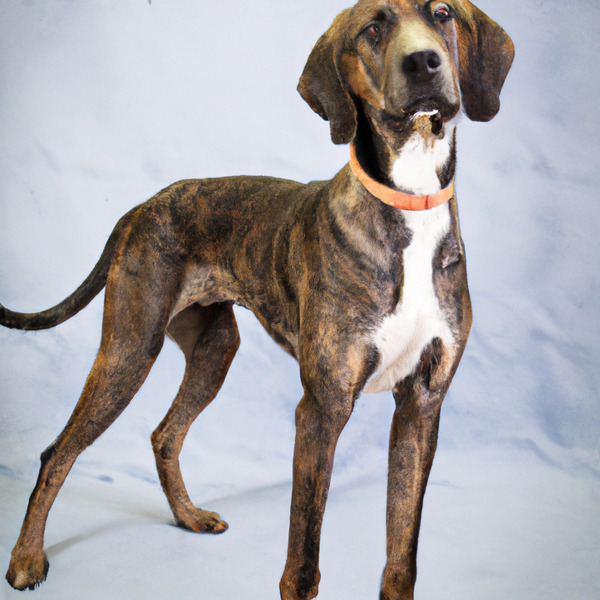
Plott Hound
Scotinese vs Plott Hound
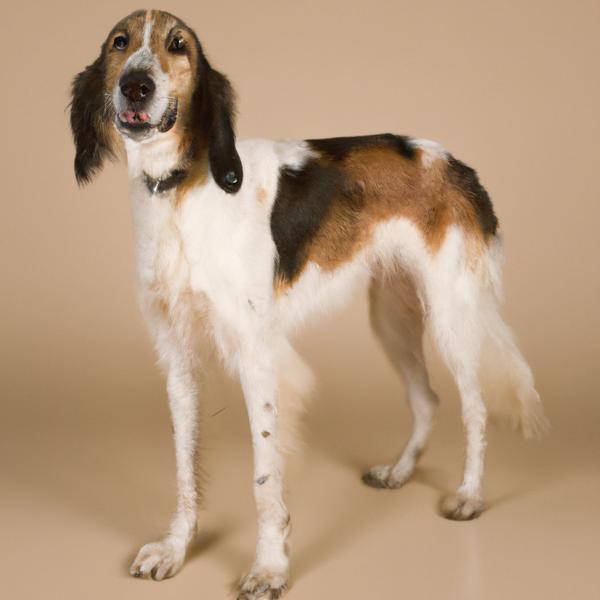
Spreagle
Scotinese vs Spreagle

Brussels Griffon
Scotinese vs Brussels Griffon
